Polish Prime Minister Donald Tusk recently revealed that a ‘freeze’ in the Ukraine war could be imminent.
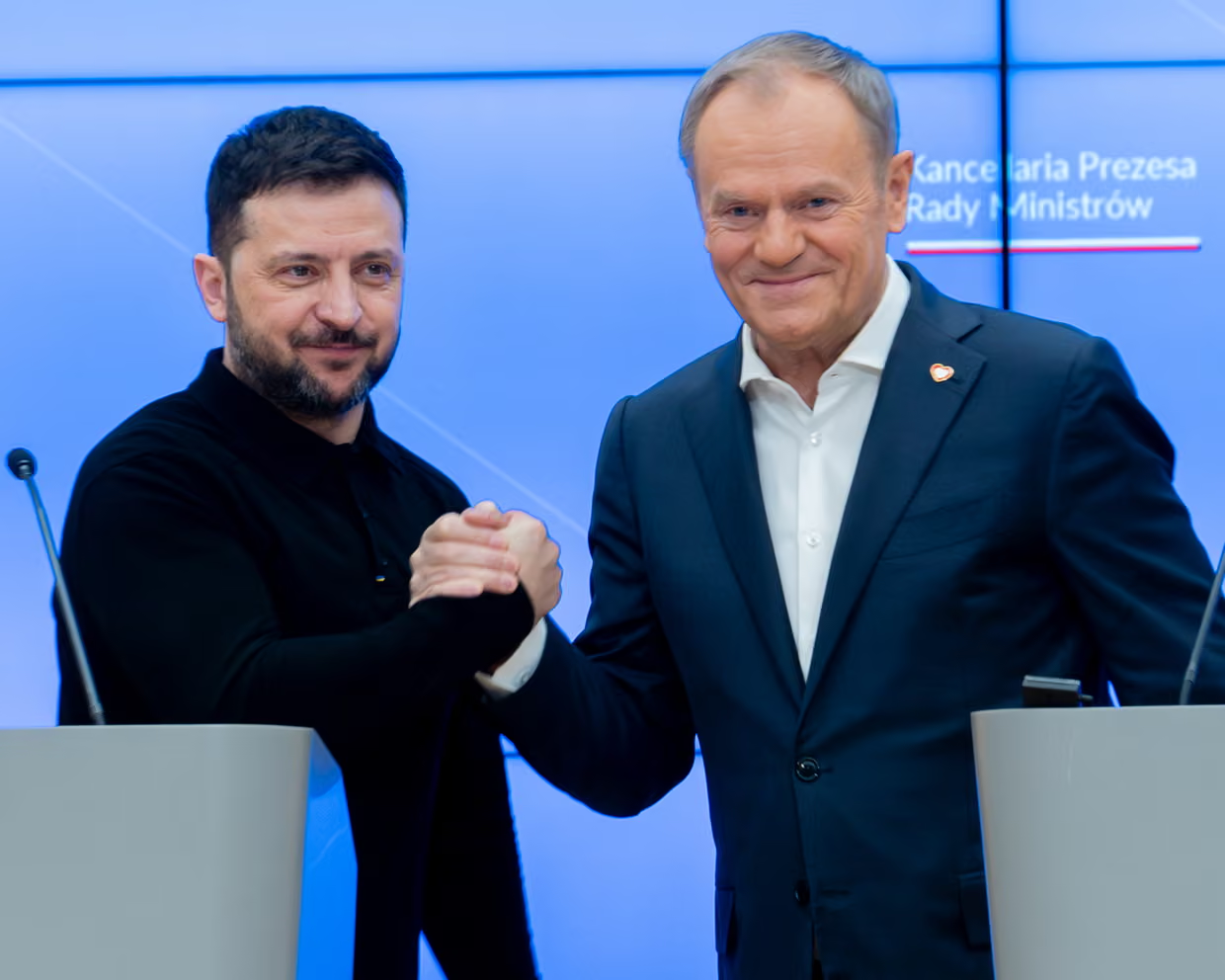
His statement follows a direct conversation with Ukrainian President Volodymyr Zelenskyy and emerges amidst intensified diplomatic activity led by the White House. As the world watches, hopes rise that the seemingly endless conflict might finally move toward a pause.
The ongoing war in Ukraine has shaped global politics and security for months. Millions have suffered, economies have strained, and alliances have been tested. Now, with the US and Russia reportedly planning talks, the diplomatic landscape is evolving. According to Tusk, these developments signal a potential turning point.
A Crucial Conversation: Tusk and Zelenskyy
The Polish leader’s comments came soon after a detailed discussion with Zelenskyy. Poland, a key NATO ally and neighbor to Ukraine, has long been vocal about supporting Ukraine’s sovereignty. Tusk emphasized that the possibility of freezing the conflict offers a chance to stabilize the region temporarily.
This freeze would mean halting active combat operations without immediately resolving the deeper issues. Such a step, if achieved, could save countless lives and create space for further negotiations.
White House’s Diplomatic Push
Behind the scenes, the White House is actively facilitating communication between Washington and Moscow. Efforts aim to prevent escalation and explore pathways for conflict resolution. Although skepticism remains high, these talks could mark the first real movement toward ending hostilities.
US officials have been cautious but hopeful. The ongoing dialogue reflects the complex balance of power and interests at stake. The ‘freeze’ in Ukraine war is not guaranteed but is increasingly discussed as a viable interim solution.
Why a ‘Freeze’ Matters
A freeze in this war is significant. It would mean a cessation of fighting, at least temporarily, allowing humanitarian aid to flow more freely. It would also ease the relentless strain on global markets affected by the conflict, including energy and grain supplies.
For the techno and political communities following the news, this could signal a shift in focus—from pure crisis management to strategic planning for post-conflict rebuilding. The potential freeze might open avenues for international cooperation on security and economic recovery.
Challenges Ahead
Despite the optimism, several obstacles remain. Moscow’s strategic aims and Kyiv’s insistence on full sovereignty complicate negotiations. Moreover, external players, including European nations and NATO, have divergent stakes. These factors could stall or derail talks at any time.
Still, Tusk’s remarks inject new energy into the discourse. The message is clear: while the war has been brutal, peace—even if partial—is possible with diplomatic will and coordination.
Looking Forward: Implications for Global Security
If a freeze is enacted, the world will have to carefully monitor compliance and stability. The risk of renewed violence will remain. However, the global community can use this pause to reassess policies and prepare for a sustainable resolution.
In the techno-political sphere, this development underscores the importance of agility and awareness. Leaders must stay informed and responsive as geopolitical dynamics shift rapidly.
The ‘freeze’ in Ukraine war discussed by Polish PM Donald Tusk, backed by US and Russian plans for talks, represents a potentially pivotal moment. It signals a fragile but hopeful step toward easing one of today’s most urgent conflicts.
For our magazine’s audience—whether engaged in politics, tech, or global affairs—this development demands attention. It reminds us that even amid uncertainty, diplomacy and dialogue remain powerful tools.










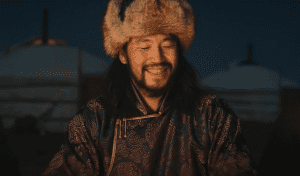
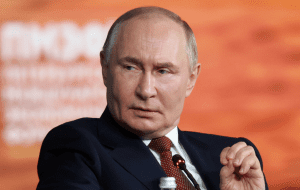
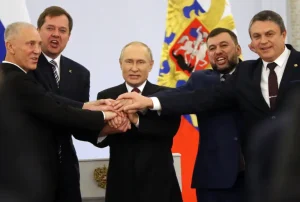
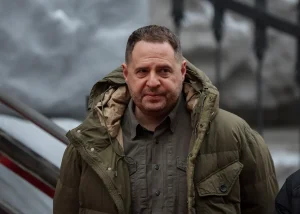
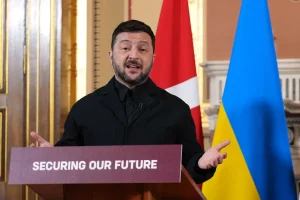
Comments are closed.